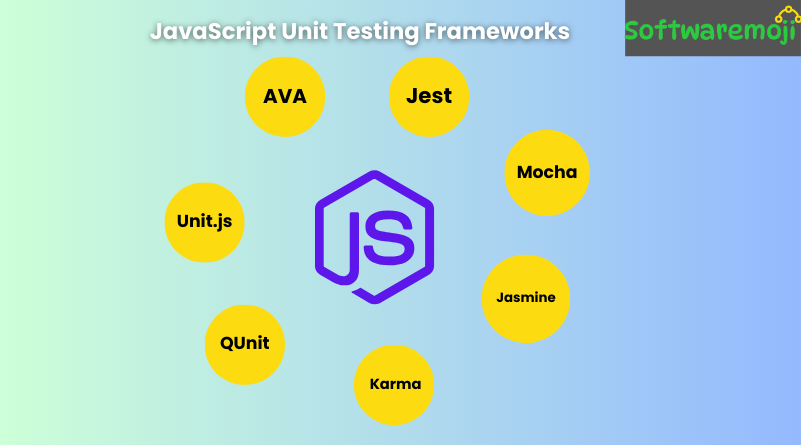
JavaScript Unit Testing Introduction to JavaScript Unit Testing
JavaScript is a widely-used, high-level, and dynamic programming language primarily used for web development. It enables interactive web applications and is also applied in PDFs, desktop widgets, and server-side applications.
What is JavaScript Unit Testing?
JavaScript Unit Testing is the process of testing individual modules of JavaScript code within a web application. These tests ensure that each function performs correctly by executing the test code within a browser or runtime environment. The tests are grouped into suites, allowing for organized execution and debugging.
Benefits of JavaScript Unit Testing:
- Ensures code reliability and stability
- Identifies bugs at an early stage
- Reduces debugging time
- Improves code maintainability
Challenges in JavaScript Unit Testing
Some common difficulties faced in JavaScript unit testing include:
- Limited browser support for unit testing
- Complexity in understanding system-level actions
- Multiple dependencies in web applications
- Page rendering and DOM manipulation issues
- JavaScript version control errors (e.g., ‘Unable to load example.js’)
Best Practices to Overcome These Challenges:
Avoid using global variables
- Do not modify predefined objects
- Build core functionalities based on libraries
- Minimize dependencies between components
Top JavaScript Unit Testing Frameworks
Below is a list of widely used JavaScript unit testing frameworks:
1. Jest
- Developed by Facebook
- Zero-configuration setup
- Supports snapshot testing
- Ideal for React applications
2. Mocha
- Runs on Node.js and browsers
- Supports asynchronous testing
- Provides rich feature support like test-specific timeouts
3. Jasmine
- Behavior-driven testing framework
- Does not require DOM
- Simple and readable syntax
4. Karma
- Allows testing on real browsers and devices
- Compatible with Jasmine, Mocha, and QUnit
- Provides easy debugging features
5. QUnit
- Used for client-side and server-side testing
- Developed for jQuery projects
- Supports Node.js LTS
6. Unit.js
- Open-source assertion library
- Compatible with Mocha, Karma, Jasmine, and QUnit
7. AVA
- Runs tests in parallel and serially
- Supports asynchronous testing
- Uses subprocesses for running tests
Summary
plays a crucial role in maintaining code quality. By leveraging frameworks like Jest, Mocha, and Jasmine, developers can streamline their testing process, enhance debugging efficiency, and ensure seamless application performance. As JavaScript evolves with technologies like Node.js and TypeScript, more advanced testing tools will continue to emerge, making testing more efficient and effective.
